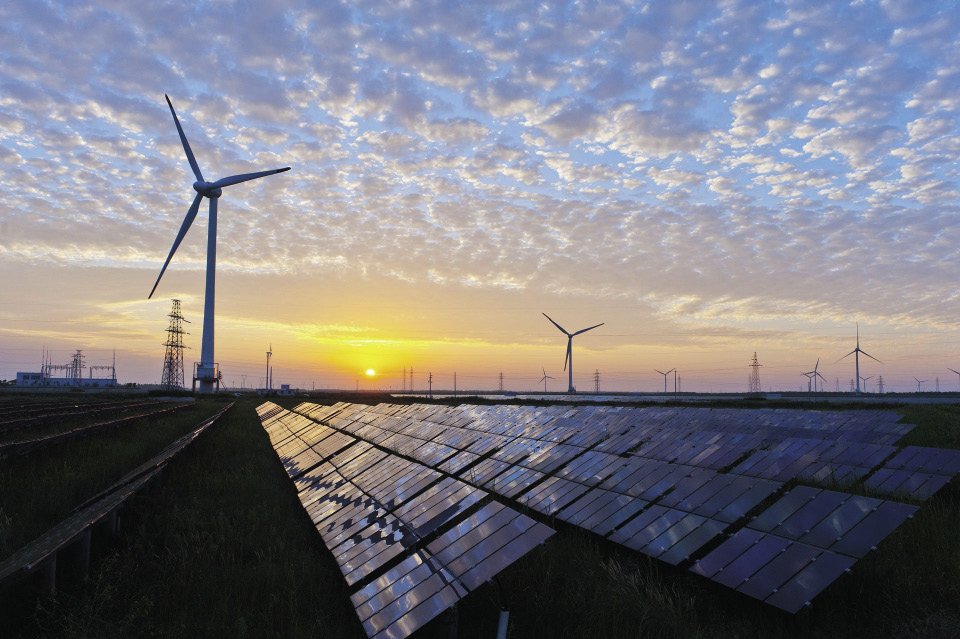French renewable energy company CNR is partnering with energy & meteo systems GmbH, to improve how the former’s renewable energy generation assets react to negative price signals.
“Renewable assets benefiting from the French new feed-in-premium mechanism must be curtailed during strictly negative EPEX SPOT prices,” said CNR energy department director Pierre-Jean Grangette, referring to central Europe’s EPEX energy market. “CNR offers two options to manage these periods: the curtailment is either operated by the [energy] producer or delegated to CNR. With the services of energy & meteo systems, we can automatically curtail solar and wind energy production when negative prices occur.”
Various markets featuring a high proportion of variable renewable energy generation, such as northern European exchange Nord Pool, some U.S. markets and the EPEX have introduced negative energy prices. The EPEX market for Germany did so in 2008 and for France the mechanism was introduced in 2010. If the grid is significantly oversupplied, negative price signals set in to avoid overloading.
Need for aggregator curtailment
The French and German electricity markets are profoundly interconnected, enabling cross-border energy flow to dampen the effect, though not entirely. Generation asset aggregators must also regulate their production accordingly. In some cases, distribution grid operators take over, though they tend to do so in a centralized fashion and fail to utilize renewable assets to the optimum as there are too many data points to consider.
Virtual power plant (VPP) and monitoring solutions provider energy & meteo systems will connect its VPP to CNR’s direct marketing portfolio so the system can source real-time production data from all assets. The operator can remotely regulate asset power production automatically in reaction to price developments within seconds.
Popular content
“We are already providing virtual power plant services to many leading power aggregators in Europe, including France,” said Ulrich Focken, founder and MD of energy & meteo systems. “Through this project with CNR, energy & meteo systems can further demonstrate in the French energy market the efficiency of its technology in managing and trading the production of renewable energy portfolios on day-ahead and intraday markets.”
Superhuman performance
Giving the task of curtailment to an algorithm such as a VPP could make performance considerably more efficient by making best use of available energy resources and grid capacities. Using price signals to automatically let a VPP decide which renewable energy asset to use, when to use it and at what capacity will outperform manual intervention.
The French spot market recorded 11 hours of negative prices last year, up from four hours in 2017. With the country set to increase its share of renewable energy capacity, such events could occur more often. Germany recorded 134 hours of negative energy prices last year, down from 146 in 2017.
This content is protected by copyright and may not be reused. If you want to cooperate with us and would like to reuse some of our content, please contact: editors@pv-magazine.com.



By submitting this form you agree to pv magazine using your data for the purposes of publishing your comment.
Your personal data will only be disclosed or otherwise transmitted to third parties for the purposes of spam filtering or if this is necessary for technical maintenance of the website. Any other transfer to third parties will not take place unless this is justified on the basis of applicable data protection regulations or if pv magazine is legally obliged to do so.
You may revoke this consent at any time with effect for the future, in which case your personal data will be deleted immediately. Otherwise, your data will be deleted if pv magazine has processed your request or the purpose of data storage is fulfilled.
Further information on data privacy can be found in our Data Protection Policy.